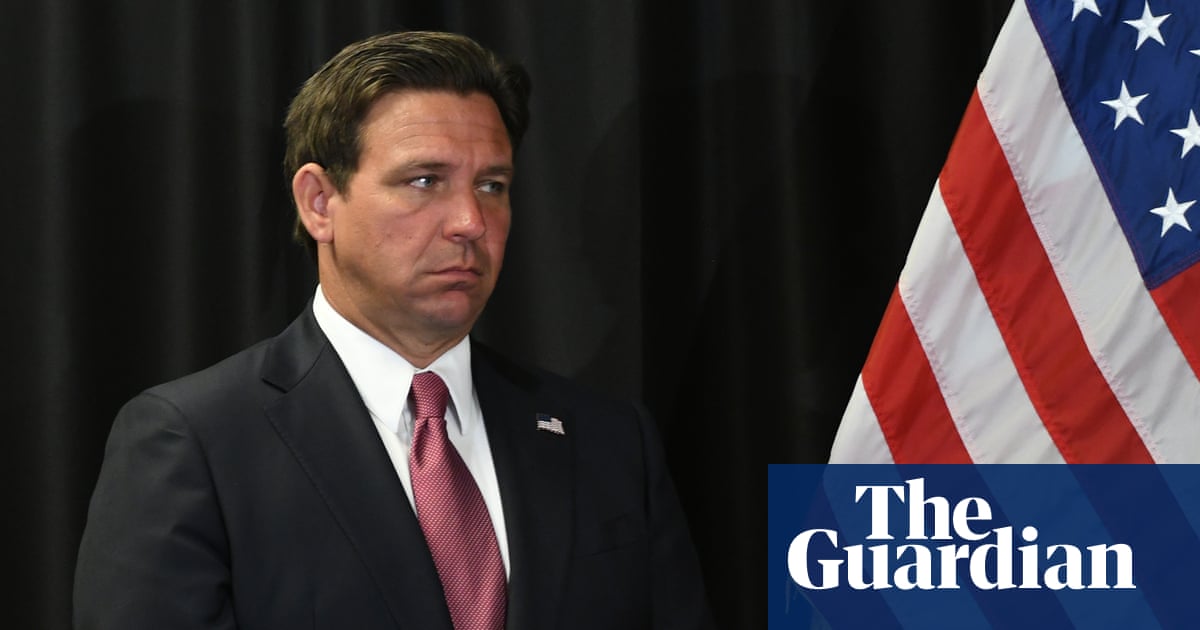Governor Ron DeSantis’s challenging of a ‘continuous eligibility’ rule has booted over 22,000 children off insurance since January
Florida is continuing to “callously” strip healthcare coverage from thousands of children in lower-income households in defiance of a new federal law intended to protect them.
Since 1 January, more than 22,500 children have been disenrolled from Florida KidCare, its version of the Children’s Health Insurance Program (Chip) that is jointly subsidized by states and the US government for families with earnings just above the threshold for Medicaid.
Florida healthcare officials admit at least some were removed for non-payment of premiums, an action prohibited by the “continuous eligibility” clause of the 2023 Consolidated Appropriations Act that took effect at the beginning of this year. The clause secures 12 months of cover if at least one premium payment is made.
Last week, the administration of Republican governor Ron DeSantis challenged the rule in federal court Tampa, arguing it makes Chip an entitlement program that illegally overrides a state law requiring monthly payment of premiums.
But it has chosen not to wait for a ruling before continuing to separate children from coverage. Figures from the Florida Health Justice Project show there were 5,552 removals in the month to 1 April, following 5,097 in March, 5,147 in February, and 6,780 in January.



For the most part, federal law will override state law. However, states have broader powers in the kinds of laws they can make, while the federal government is more limited. That’s part of why the commerce clause comes up so much, it’s frequently used to justify federal authority in things that would normally be handled at the state level, even if it means stretching the definition of commerce from time to time.
In this case, I’m guessing that this challenge is based on this being a program administered by the state, and partially funded by the federal government. Programs like that generally come with federal requirements that the state has to follow in order to get the funding. The federal government can exert significant influence over state policy this way, (for example, the drinking age went from 18 to 21 largely because states that didn’t make the change would have lost federal funds for highways). But there have been cases where the requirements were thrown out for being too coercive and undermining constitutional authority delegated to the states.
Of course, I highly doubt that such a claim would have any merit in this case. But meritless lawsuits aren’t a problem when they stir up support from your base while having no negative consequences for you if you lose. Sure, it costs the state a lot of money, but when the state’s lawyers are your buddies, that’s just doing them a favor.